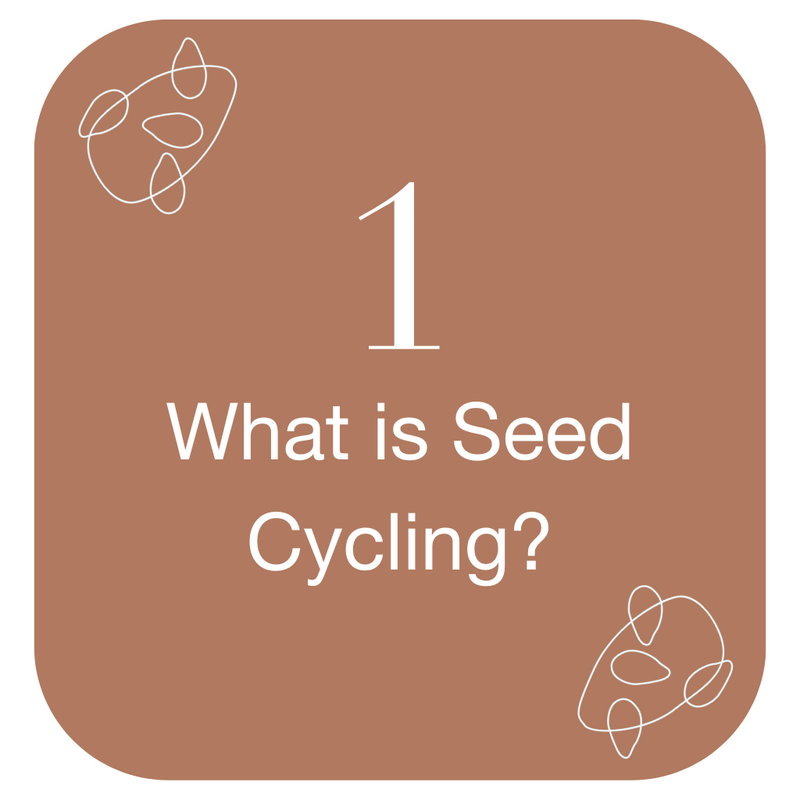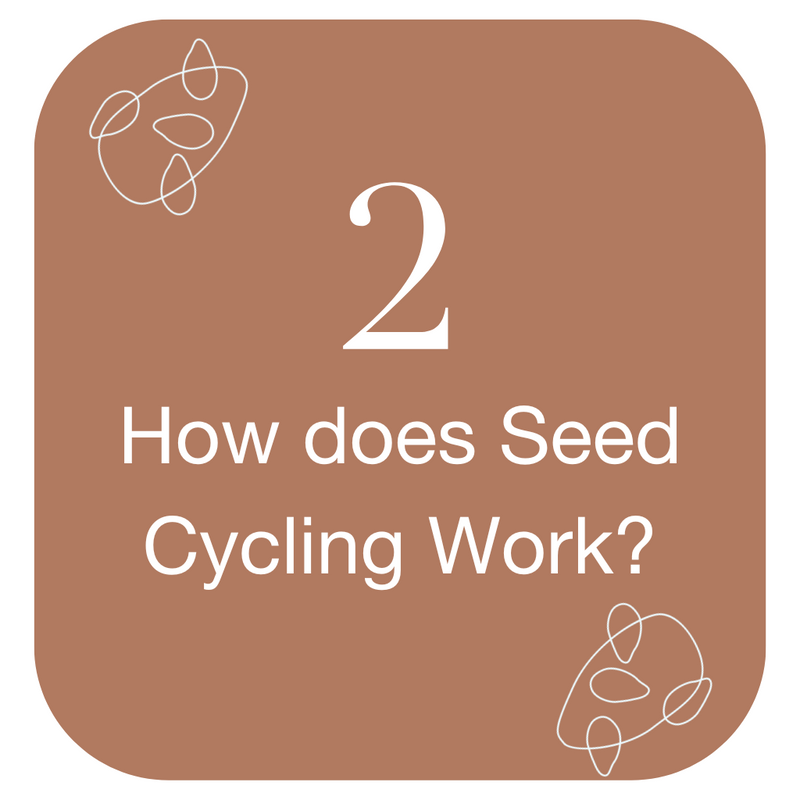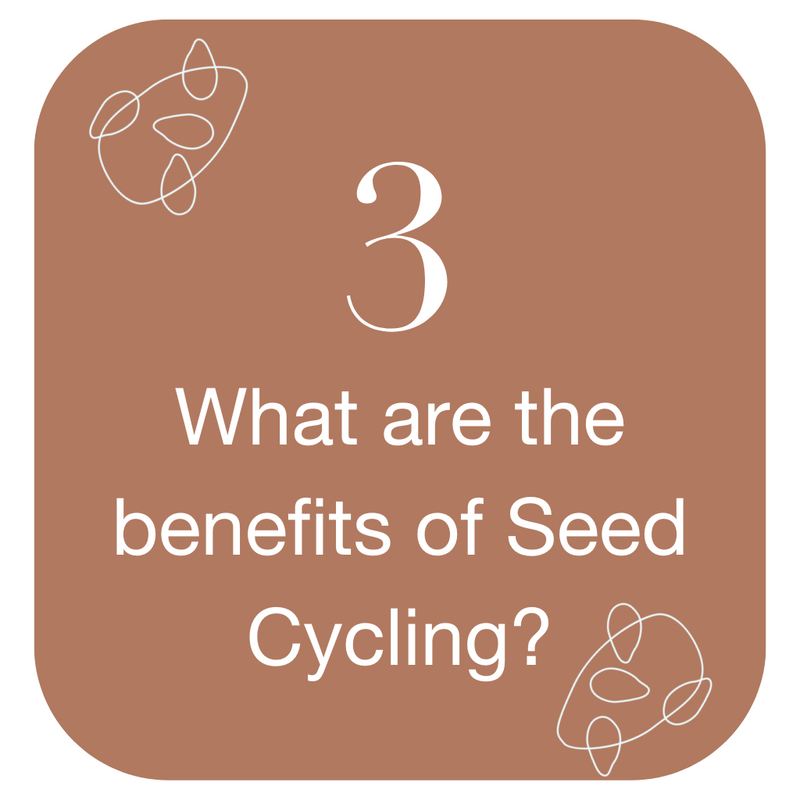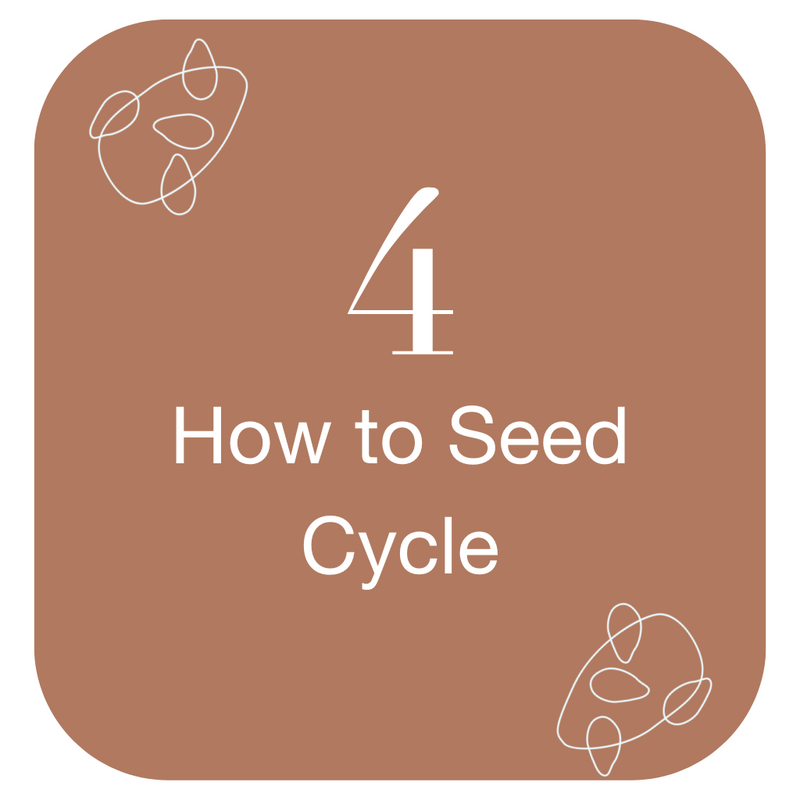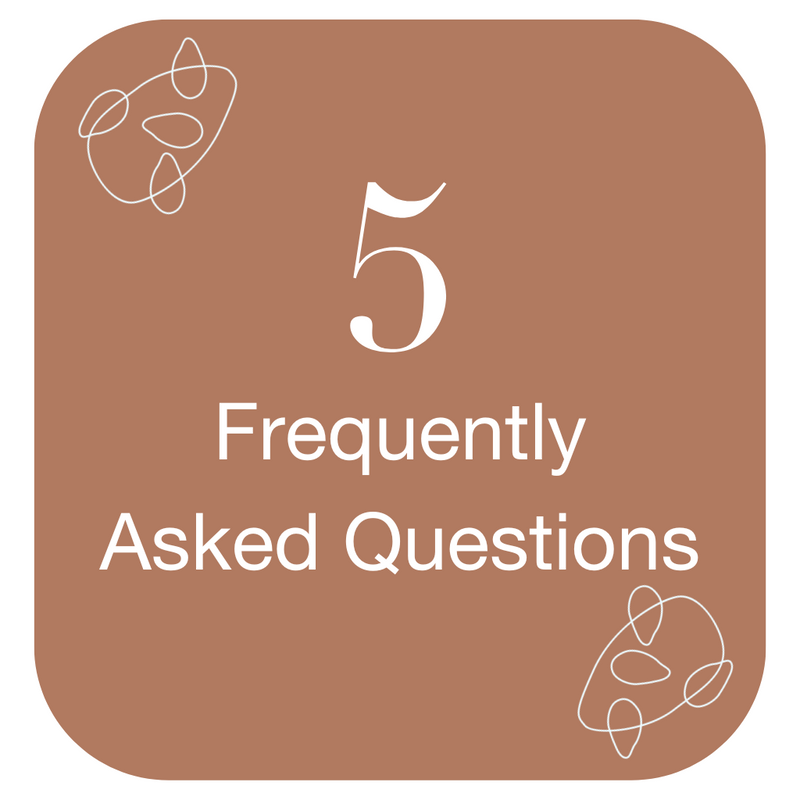Seed Cycling is a way to support natural hormone balance through nutrition.
Seed Cycling can be described as a form of ‘menstrual biohacking’, as the technique encourages your body into a rhythm that supports overall hormonal wellbeing. As such, it is a promising way to use nutrition to support health naturally.
Globally, 90% of women will experience at least one symptom of Pre-Menstrual Syndrome (PMS) at some point in their lives. Within this, 20–40% of these women experience PMS monthly and 2–8% experience Pre-Menstrual Dysphoric Disorder (PMDD). 8–13% of women are diagnosed with Polycystic Ovarian Syndrome (PCOS), and up to 70% of cases are undiagnosed globally.
With these deeply concerning statistics, hormone health is in the spotlight and we are learning more about the female sex hormones estrogen and progesterone and their influence on many aspects of health—from menstrual cycle health and weight management to energy levels, mood, and menopause symptoms.
What role does seed cycling play in hormone regulation and well-being?
The process involves consuming four key seeds—flaxseeds, pumpkin, sunflower, and sesame seeds—to support your body’s hormones and bring them into balance.
The concept behind seed cycling is that these particular seeds carry important oils, vitamins, and minerals that may assist your body in supporting the production and metabolism of key hormones. These blends are high in nutrients such as zinc and selenium, which are associated with supporting hormone-related functions.
By eating these seeds during specific times of the month, you provide your body with access to the natural fats and lignans they contain to support hormonal rhythms. Lignans are a group of compounds found in plant foods such as flax and sesame seeds. These are types of phytoestrogens, which have been studied for potential health benefits.
The combination of ground flax and pumpkin seeds may support the body in metabolising estrogen, while the combination of ground sunflower and sesame seeds during the luteal phase may help support functions associated with progesterone. Lignans in sesame and flax seeds may help modulate estrogen levels. Learn more about the nutritional benefits of individual seeds here.
About The Seed Cycle
The Seed Cycle has a mission to help women feel their best, every day. All great things that bloom start with a small seed, and for our founder Mel Kovacevic, this began at her wellness clinic.
Mel’s clients regularly spoke about hormonal concerns such as mood changes, acne, weight gain, and challenges with conception. These health-conscious women often wanted alternatives to medications like The Pill.
After research, Mel discovered seed cycling—a nutrient-based approach gaining attention in the wellness community. She began supporting clients to build personalised seed cycling routines.
Many clients found positive changes. One client conceived after a long struggle; others found new support for skin health or weight balance. Individual experiences may vary.
However, many struggled to stay consistent. This inspired Mel to create a convenient, pre-packaged seed cycling solution delivered monthly. All it required was a daily dose of two tablespoons of a ready-made seed blend.
That’s how The Seed Cycle was born. Designed as an Australian-first solution, our products are available via subscription or as stand-alone items. Our curated seed blends provide the correct seed amounts for each phase of the cycle, removing the guesswork.
The Seed Cycle Traditional Blends
Our Phase 1 blend combines pumpkin and flax seeds—rich in omega-3s and key minerals like zinc and selenium. These may support healthy hormone metabolism and estrogen balance. A daily scoop offers valuable nutrients like magnesium, manganese, zinc, iron, and selenium.
Phase 2 includes sesame and sunflower seeds—sources of omega-6s, vitamin E, selenium, and lignans, which may support functions associated with progesterone and hormone detoxification. These ingredients are important for hormonal health and may also support nervous and endocrine system function.
As you can see, The Seed Cycle offers a nutrient-dense boost to your daily routine.
Currently, more research is needed to confirm the specific effects of seed cycling. However, existing studies on the individual seeds and their nutritional content support their role in hormonal health. Read more about the science and research behind seed cycling here.
Have questions or feedback? Want to know if seed cycling is right for you? Email us at hello@theseedcycle.com.au and we’ll be happy to support you.
Disclaimer: The information provided is for general purposes only and not a substitute for professional dietary advice or treatment. If you have allergies, medical concerns, or experience side effects, consult a qualified healthcare provider. Statements are not intended to diagnose, treat, cure, or prevent any disease.
References:
Aslam, M., Shauket, R., Yousaf, Z., & Tehzeeb, K. (2021). Nutraceutical Intervention of Seeds in the Treatment of Polycystic Ovarian Syndrome; A Systematic Review. Pakistan BioMedical Journal, 4(2). Bentolila, S. (2021).
Seed Cycling for Fertility: Chinese Medicine's Perspective. Acupuncture Taproot. Daniilidis, A., & Dinas, K. (2009). L
ong-Term Health Consequences of Polycystic Ovarian Syndrome: A Review Analysis. Hippokratia, 13(2). Desmawati, D., & Sulastri, D. (2019).
Phytoestrogens and Their Health Effect. Open Access Macedonian Journal of Medical Sciences, 7(3). Dizaji Safiyeh, F., et al. (2021).
The Effect of Selenium and Vitamin E Supplementation on Anti-Mullerian Hormone and Antral Follicle Count in Infertile Women. Complementary Therapies in Medicine, 56.


